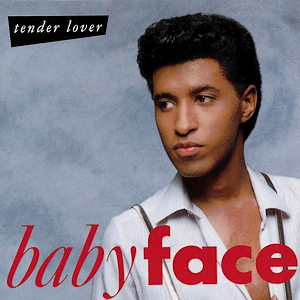

From speed runs of The New York Times’s daily mini to explainers of funny clues, TikTok accounts dedicated to the crossword have given puzzle lovers the chance to show viewers that you don’t have to be the smartest person in the world to enjoy what they have named “CrosswordTok.” You just have to try. Comments such as “I just subscribed to the New York Times Crossword and I guess I’m my grandmother now” are common on social media among new solvers.īut knitting, reading and crafting accounts are blowing up on TikTok, and crosswords are emerging as a new favorite on the app. There was a time when certain pursuits, such as knitting and crossword puzzle solving, were considered by young people to be the domain of older generations, and distinctly “uncool.” At least until those young people discovered how much fun they really are. “And while everyone was locked up because of the pandemic, it was another excuse to call friends and talk about something other than Zoom life.” Practice, Practice, Practice

“The puzzle is just one of those things that can bring people together,” Mr. When New York City was in lockdown, he found ways to talk about the puzzle virtually. He occasionally browses the r/crossword subreddit, and often makes plans with friends to meet at a coffee shop to solve the crossword together. di Cagno-Hagen sometimes does with others. People can’t help but come up to you or smile at you when they see you with a puzzle.”Įven now, the puzzle is something Mr. “It has always been this shared experience. “I’ve had people stop me on the subway when they see me doing the Sunday puzzle,” Mr. And he said it was hard for teachers to really get mad at him for doing the crossword in class, even if his newspaper got confiscated a few times. There were social benefits to being the “crossword guy.” Peers who were interested in solving the crossword would come up to him to chat. di Cagno-Hagen became known as the “crossword guy,” because teachers would catch him solving the New York Times Crossword during class, hiding a newspaper he brought from home under his desk. Davide di Cagno-Hagen, 31 and a resident of New York City, started doing the crossword when he was 16. The crossword can always be a collaborative experience, as long as you find the right people. “It’s probably no coincidence that this is the same group of people I would go to trivia nights with before the pandemic.” Weisbrod and his friends started this tradition during the coronavirus pandemic, when the group couldn’t hang out in-person, but still wanted to do something that made them feel as if they were together. “It’s always a little competitive, but we’re all working together to beat one game,” he said. Weisbrod types in the answers, while his friends race to be the first to call out the correct answer to a clue. Weisbrod and his friends spend their Saturday nights solving the New York Times Sunday puzzle, which is available the night before. Goldenberg a place to share all the things she loves about solving puzzles without feeling insecure about having a “nerdy” hobby that has, in the past at least, been associated with older people.

Being a part of these online communities has given Ms. She also enjoys watching people solve crosswords on Twitch streams, as well as listening to crossword podcasts such as “ Fill Me In,” so that she can see how seasoned crossword solvers approach harder puzzles. This group alone has more than 10,000 followers. Goldenberg usually checks r/crossword (each subreddit, or topical discussion group, starts with “r/”) every day after solving the daily New York Times crossword puzzle. Goldenberg, 16, a high school student in Los Angeles, is able to find some time to log onto Reddit, she finds exactly what she’s looking for: a community of people who can’t wait to discuss their opinions on the latest crossword puzzles. On a typical school day, Lila Goldenberg rarely gets a chance to chat with her friends about her hobbies.


 0 kommentar(er)
0 kommentar(er)
